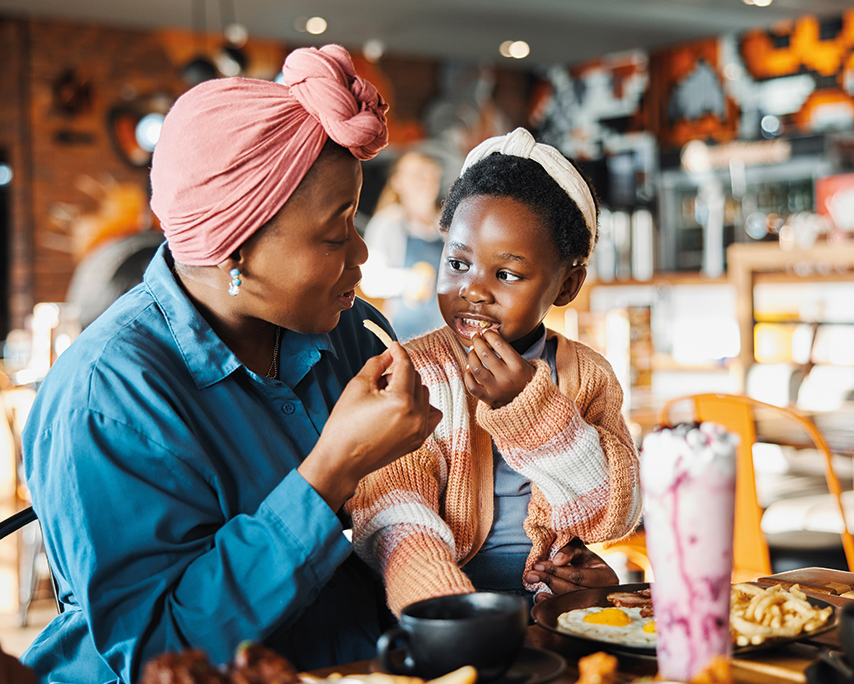International Day of Families
The family as Africa’s oldest and most powerful institution for transformation
As the world marks International Families Day, there’s no better time to pause and ask: What does it truly mean to be one family?
In Africa, the answer is rich, layered, and evolving—but one thing is clear: family is our first school, our first economy, and often our first government. It’s where values are shaped, cultures are preserved, and futures are formed. And in a time of climate crises, cultural shifts, and social upheavals, the African family remains one of our most powerful tools for transformation.
What makes the African family special
In most African societies, family does not just mean mom, dad, and the kids. It means everyone—the cousins in the next compound, the grandmother who raised half the neighbourhood, the family friend who becomes an aunt by care, not blood. It is not just structure but Ubuntu—”I am because we are.”
This isn’t some nostalgic idea from the past. It’s alive. It’s practical. And it’s the foundation we need to tackle the most pressing issues of our time—from youth unemployment to climate change, from food insecurity to mental health.
But here’s the catch: we cannot just celebrate families with flowery speeches. We have to empower them. That means giving them the tools, respect, and support they need to thrive in the modern world.
Let’s take the young mother in Nairobi navigating rising food prices. Or the grandmother in rural Ghana teaching her grandkids how to farm sustainably. Or the single dad in Lagos raising his children with care and purpose. Or the activist family in Durban composting in their backyard and educating their kids about the climate. They are all building the future, quietly, daily, bravely.
Empowering families also means acknowledging their diversity. African families today are urban and rural, nuclear and extended, single-parented, youth-led, blended. Family doesn’t always follow a neat script—but it still holds deep power. We must support caregiving in all its forms.
And what about the values we pass on?
Across generations, African families have transmitted discipline, respect for elders, communal responsibility, and spirituality. These are strengths we shouldn’t lose as we modernise. But we must also pass on agency, sustainability, digital literacy, and the courage to challenge harmful norms.
This moment also calls for bold creativity. Let’s imagine school feeding programmes designed around indigenous crops that families already grow. Let’s support storytelling traditions that preserve language and identity. Let’s teach our children that cooking ugali, tending to a home garden, or caring for elders is not just tradition—it’s sustainable action.
And let’s not forget: African families aren’t just local—they’re global. From Nairobi to London, from Accra to Toronto, we are one extended family, still linked by culture, memory, and shared dreams. In that unity lies enormous potential for healing, organising, and lifting each other up.
So, as we honour International Families Day, let’s move beyond still being linked by culture, memory, and shared dreams. In that unity lies enormous potential for healing, organising, and lifting each other up. Let’s equip families with knowledge, resources, and the respect they deserve. Let’s make it easier for them to thrive, pass on wisdom, and lead change. Because if you want to change a country, you don’t start with a constitution. You start at the dinner table.



